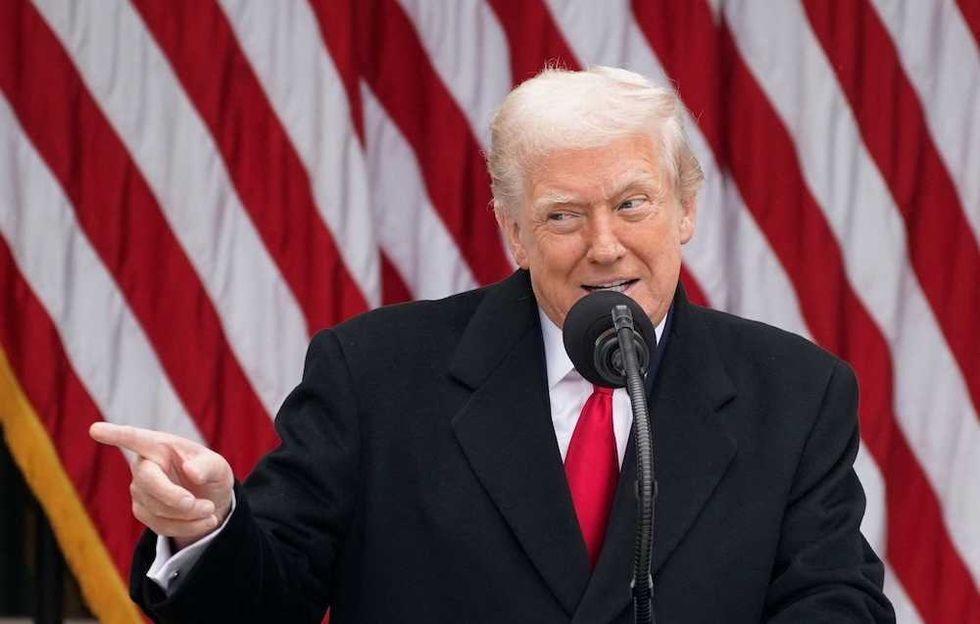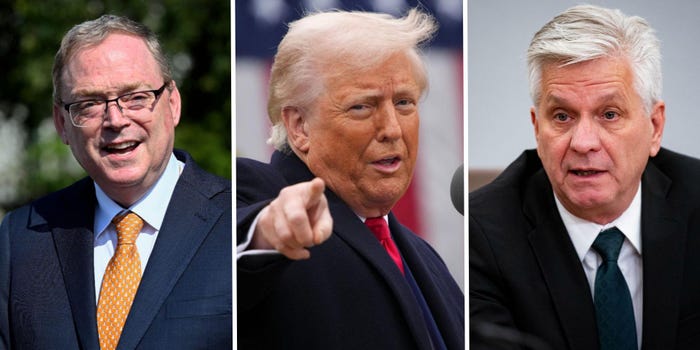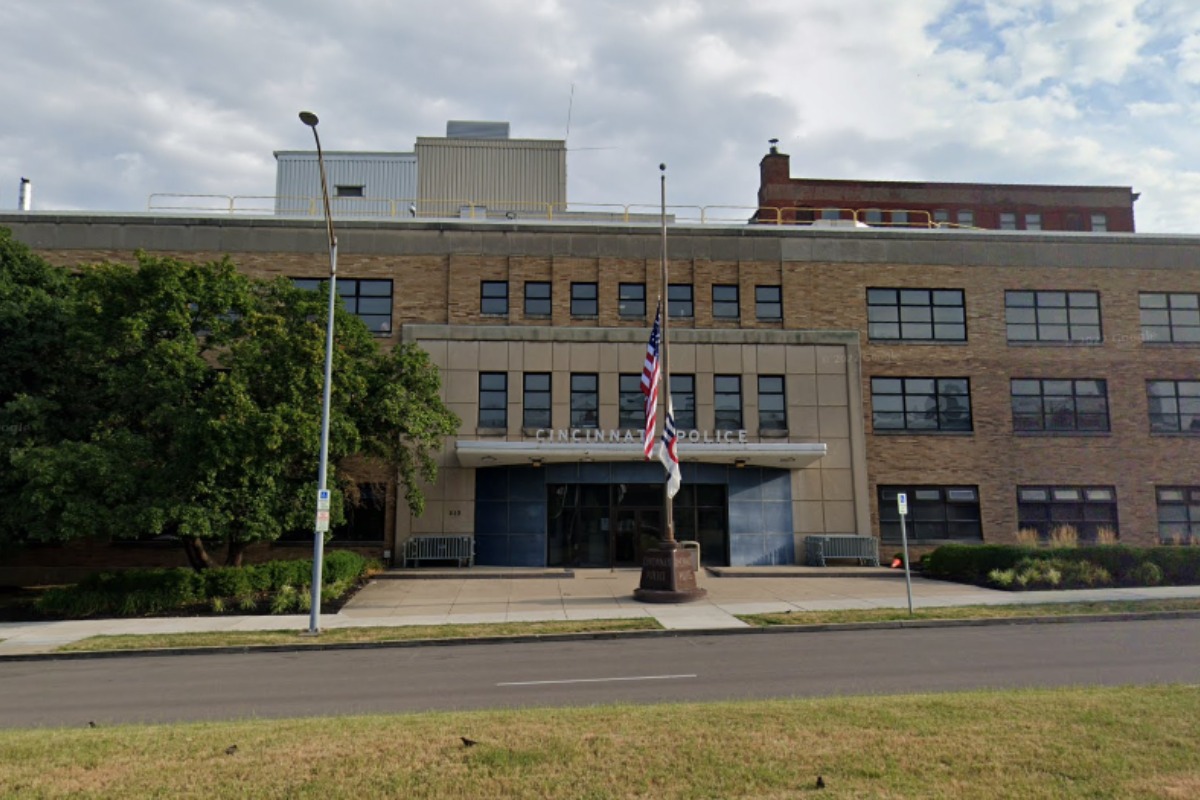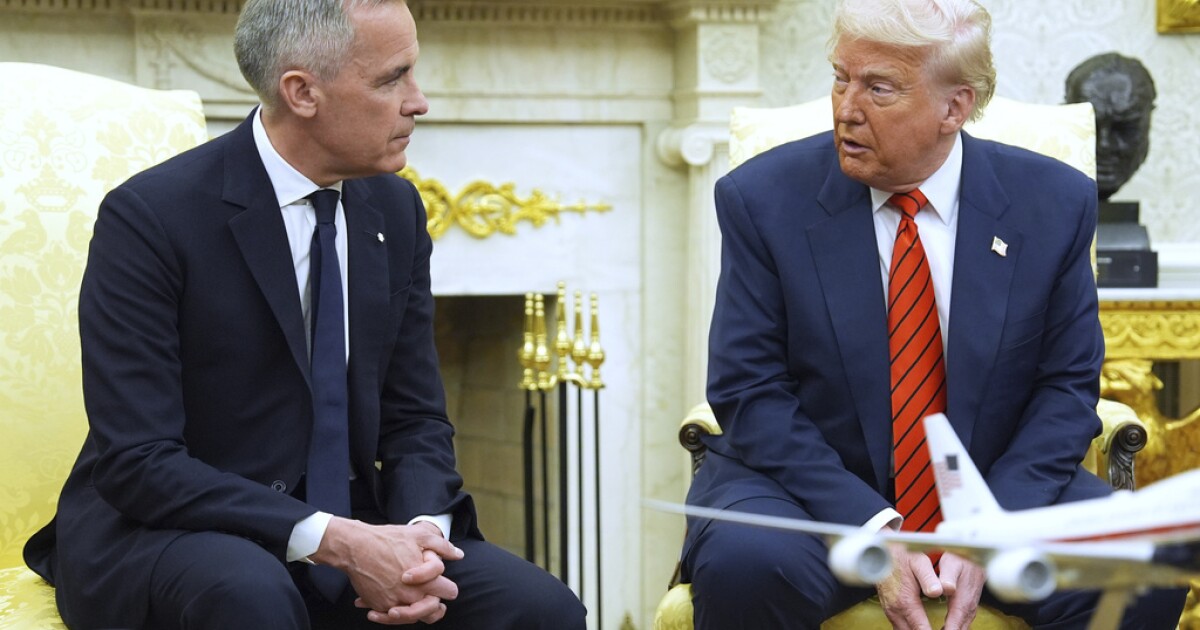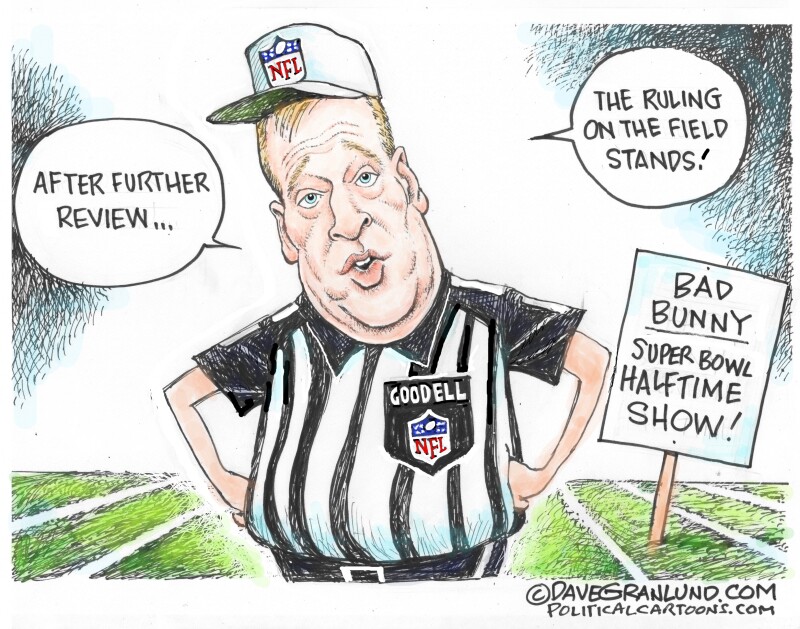The ongoing budget impasse in Pennsylvania has now stretched beyond three months, raising serious concerns among residents and political observers about the General Assembly’s ability to fulfill its basic fiscal responsibilities. Lawmakers have yet to finalize a budget that was due by the June 30 deadline, leading to increasing frustration across the state. Some constituents are calling for resignations of those who have allowed this fiscal embarrassment to continue, suggesting that more responsible individuals should step in to complete the necessary work.
Efforts to bridge partisan divides have emerged in other states, offering potential lessons for Pennsylvania. In Minnesota, both Democratic and Republican lawmakers have established a **Civility Caucus** aimed at fostering collaboration between the parties. This initiative seeks to overcome the political polarization that has stalled progress on essential issues.
Similarly, Arkansas and Kansas have begun to embrace this cooperative approach. Arkansas state Senator **Jamie Scott**, a Democrat, emphasizes the importance of bipartisan relationships, noting her partnership with Republican state Senator **Breanne Davis**. Together, they co-chair their state’s Future Caucus chapter, which targets younger legislators from Generation Z and millennials to promote collaboration across party lines. As reported in a recent article by the **Wall Street Journal**, this initiative aims to demonstrate that working together is possible, even among those with differing political views.
In Kansas, Democratic state Representative **Brandon Woodard** and Republican state Senator **Tory Marie Blew** serve as co-chairs of their own Future Caucus chapter. They have forged a strong working relationship, even sharing their phone locations with one another. Blew, who identifies as a conservative from a rural district, remarked, “We’re starting a movement that you can interact with the people across the aisle — they’re not the devil.” Woodard echoed this sentiment, stating that cooperation with the GOP supermajority is essential for getting things done.
In contrast, the situation in Pennsylvania appears stagnant. Political analysts have noted that there seems to be no single issue obstructing the budget process. Instead, the lack of compromise between lawmakers has left counties, school districts, and nonprofits grappling with a tightening financial situation. As these organizations face increasing pressures, the possibility of prolonged uncertainty looms large, with no immediate resolution in sight.
This state, historically significant to the founding of the United States and proudly associated with the **Liberty Bell**, now struggles to reach consensus on a critical budgetary task. The inability to compromise on such an important matter raises questions about the effectiveness of the current leadership in the General Assembly. As Pennsylvania residents look towards more collaborative models in other states, the hope for a timely resolution remains uncertain.



